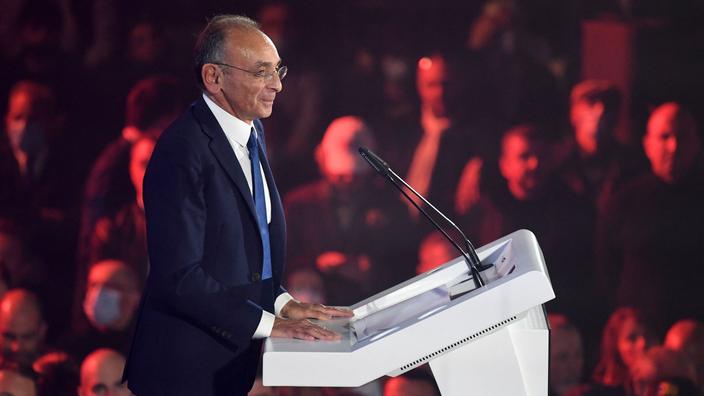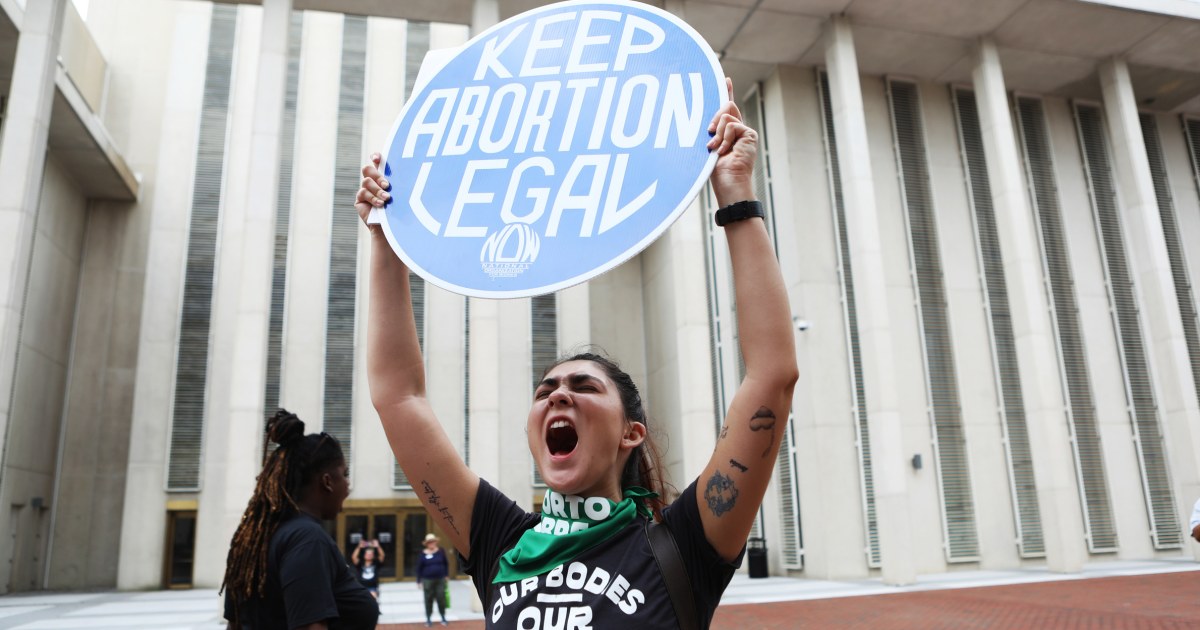Étienne-Alexandre Beauregard is an activist in Quebec politics and
blogger on political news
.
He is currently a contributor to the review
L'Action Nationale
and the Cahiers de l'Action Nationale.
It is well known, all French politicians want to be dubbed the title of "republican", another name for the acceptable and respectable in politics.
Calling oneself a republican today has become as meaningless as calling oneself a humanist or benevolent.
Without precise ideological content, the title is sought for its positive connotation, nothing more.
How many of those who
ad nauseam
claim "republican values" know what republicanism really is?
Let us remind them: republicanism is a way of life in a strongly universalist society, which voluntarily chooses to ignore the differences and determinisms of each to rather exalt the values, the culture and the citizenship that all have shared (or that they should share).
Particularisms are confined to the private sphere, while the public sphere is entirely subject to the reign of the universal.
Historically, the establishment of republicanism has been accompanied by strong assimilation policies, just think of the fate of regional languages in France.
Read also"French gastronomy is wine, cheese... and calf's head!"
That said, republicanism is not just universal.
Especially in France, it is anchored in a model specific to the country, in a language, in a way of life, in particular mores which are elevated to a universal status on French territory by the action of the State, by school and through assimilation.
In light of this definition, how many elected so-called “republicans” have abandoned this typically French model today?
For example, positive discrimination is an eminently anti-republican practice, because it categorizes individuals according to their sex or their skin color, but who is protesting against it today in the name of the Republic?
Multiculturalism and differentiated rights according to cultural origin, as well as the constant decline in the imperative of assimilation since the 1970s, constitute another anti-republican drift tolerated among “republicans”.
Etienne-Alexandre Beauregard
Multiculturalism and differentiated rights according to cultural origin, as well as the constant decline of the imperative of assimilation since the 1970s, constitute another anti-republican drift tolerated among “republicans”.
Emmanuel Macron's much-quoted statement that "there is no French culture" testifies to this.
The height of irony, the controversial declaration of Éric Zemmour on first names is described as "anti-republican", he who deplores the abolition of a regulation forcing children to bear a first name from the Christian calendar.
Philosophically speaking, this directive was on the contrary ultra-republican, even too republican for today's liberal society!
The fact remains that to bring a case against the Republic for such remarks is to disguise the meaning of the words, and to prove by the very fact that many "republicans" of today are liberals who do not dare not say their name.
The paradox is significant: it is therefore the apparently “anti-republican” candidate who forces the so-called “republicans” to become so again so as not to lose the support of the French people.
Etienne-Alexandre Beauregard
Manuel Valls' latest book,
Zemmour l'antirépublicain,
is particularly interesting in this respect.
The former prime minister of course vilifies the Reconquest candidate!
for the many historical controversies in which he got entangled, but he also took a stand for a return to assimilation and for a temporary halt to immigration to France.
These are ideas that were confined to the other side of the so-called “cordon sanitaire” until quite recently, even though they are in line with the French model and philosophical republicanism.
Read alsoIs Éric Zemmour “anti-republican”?
The paradox is significant: it is therefore the apparently “anti-republican” candidate who forces the so-called “republicans” to become so again so as not to lose the support of the French people.
At a time when the right called outside the walls weighs more heavily electorally than the left and the centrist right, the political class should understand the message: these values which were the norm yesterday, and which we have slowly abandoned to marginal candidates , the French still believe in it.
If the successive governments had remained faithful to republicanism, the real one, rather than following the siren song of multiculturalism, Éric Zemmour would never collect the support of between 12% and 18% of the French.
Perhaps he would never even have been a candidate.



/cloudfront-eu-central-1.images.arcpublishing.com/prisa/OCS7V4Q6YKB6UMI76BXPPNGQJE.jpg)



